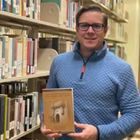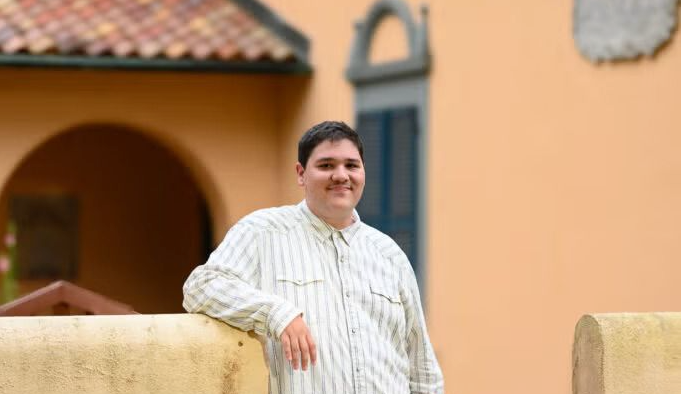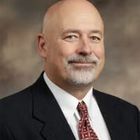As a Black wildlife conservationist and field biologist devoted to the study of birds, Corina Newsome, a graduate student at Georgia Southern University, has long been confronted with the lack of diversity in the natural sciences.
However, earlier this year, social media became a powerful interface for Newsome and a group of fellow Black scientists around the country, who discovered one another online and quickly formed a camaraderie.
“We all met on Twitter,” Newsome explained. “I happened upon a tweet or post and I’m like, ‘Is that a Black person?’ Turns out they’re a Black scientist in herpetology or ornithology or whatever, so I immediately connected with them and said, ‘Hey, can we just know each other?’”
Soon after, a video of a racially motivated confrontation in Central Park recorded by science editor and avid birder Christian Cooper went viral, and the network of 30 scientists banded to launch Black Birders Week on May 31. The group of virtual events, coordinated with hashtags like #BlackInNature, #AskABlackBirder and #BirdingWhileBlack, celebrated Black birders and naturalists from around the globe while pushing for inclusion and safe spaces in the outdoors.
“For far too long, Black people in the United States have been shown that outdoor exploration activities, such as birding, are not for us,” Newsome stated in a video posted on social media to announce the weeklong initiative’s kickoff. “Well, we’ve decided to change that narrative. A group of Black birders, explorers and scientists got together to start the first-ever Black Birders Week. Help us to show the world, especially the next generation of young, Black birders and nature enthusiasts, that we exist, that they are welcome and that this space belongs to them, too.”
The response was monumental as a multitude of Black scientists and naturalists shared their favorite birds, nature shots and professional settings online.
“Black Birders Week showed us we are not actually alone,” said Newsome. “It created a community of Black people around the world. Just being on my phone and seeing a Black family outside or a Black professor somewhere teaching ornithology, people doing the thing that I do, encourages me. That makes me feel like it is possible to do well.”
Newsome quickly became one of the recognizable faces of Black Birders Week and was featured in The New Yorker, Washington Post, National Geographic and NPR, among other media outlets. She also participated in a virtual roundtable discussion hosted by the National Audubon Society and included Cooper and fellow Georgia Southern student Alex Troutman.
Online responses from the organization’s 1.4 million Facebook followers were largely optimistic, however there was some backlash.
“We got comments from people saying we are creating division by talking about this,” Newsome said. “The division was already there. Now you know about it, and you’re uncomfortable. But we’ve been uncomfortable.”
Such candor has especially captured the attention of students.
“The most overwhelming, positive responses have been from young, Black people in college or pre-college who are interested in the sciences, messaging me or emailing me and saying, ‘It’s meant so much to see you doing your work,’” she said.
Newsome noted that multiple wildlife and government agencies have also reached out, demonstrating that they are in the process of making structural changes within their organizations to expand diversity efforts.
“Seeing these things actually materialize has been mind-blowing, and again, that’s because of the work of the group, the collective work of this movement,” she said. “I think that the one really encouraging element of that has been them choosing to use their platform to amplify our voices at the expense of losing some of their constituents.”
While Newsome’s passion, “the thing that lights a fire under me constantly,” can be found at the intersection of wildlife conservation and human rights, birds continue to be her feathered muses.
“They weigh sometimes a fraction of an ounce,” she said. “They are so physically fragile, yet they make some of the most physically intense migrations on the globe, from the tip of North America to the tip of South America. Birds as tiny as a hummingbird that weigh a tenth of an ounce fly over the Gulf of Mexico nonstop for over 18 hours. Just think of how much they’re accomplishing, even though they are easily one of the most fragile creatures on the planet. It feels oxymoronic, but it’s real.
“Birds remind me that things that seem impossible happen.”
If you are journalist and would like to know more about this particular story simply reach out to Georgia Southern Director of Communications Jennifer Wise at jwise@georgiasouthern.edu to arrange an interview today.





